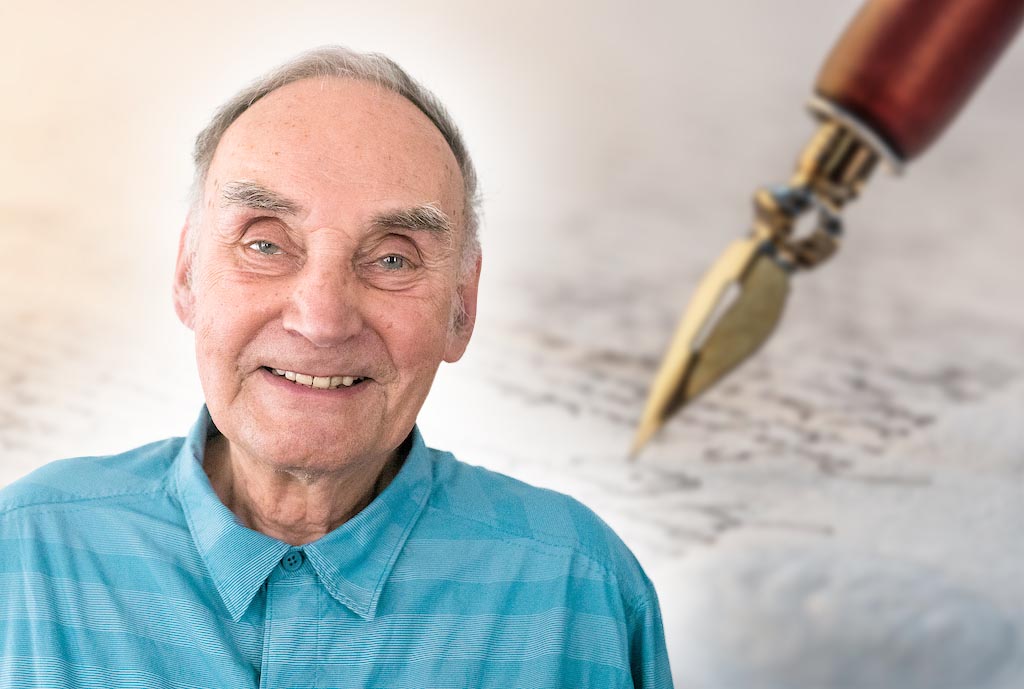By: mag Andrej Aplenc
I do not read newspapers; on the internet, I just skim through headlines that entertain me for morning amusement. In these days, however, I came across the following: “Monument of Independence, which Janša cannot oppose, returns the independence to Republic Square” and “30 years of Marshal’s Tweet: Janez Janša has been at the helm of SDS for 30 years, soon to catch up with Stalin, Mao, and Tito.”
Of course, no one opposes the monument of independence since, after 30 years of the new state, we still do not have one. However, the circumstances surrounding this proposal, both physical and ideological, clearly indicate that the transition has not succeeded. The monument of independence, intended to replace the monument of revolution, would be located just a few dozen meters away from the monument to Edvard Kardelj, and it would flirt with the monument to Boris Kidrič around the corner. At first glance, one might think it is a bad joke, but in reality, this proposal equates our democracy with the previous totalitarian regime. The suggested coexistence of these monuments cannot be rationally explained otherwise. Those two monuments will remain, and alongside them, a monument commemorating the independence is supposed to be placed. Boris Kidrič and Edvard Kardelj are well-known figures. They bear the responsibility for the lives of thousands of Slovenian men and women. Now, the monument of independence is supposed to rehabilitate them.
I still remember the name of Dragotin Gustinčič when I hear the name of Edvard Kardelj. He was among the founders of the Communist Party of Yugoslavia and spent many years in Moscow before the Second World War. While there, he wrote an extensive work titled “The National Problem of the Slovenes” during the 1930s. This work was later transcribed and published under Edvard Kardelj’s name with the title “The Development of the Slovene National Question”. I am not sure if it is true, but it is said that the last chapter of Gustinčič’s text dealt with the independence of Slovenia, which Kardelj omitted in his edition. It is a profound irony that the monument commemorating the independence is supposed to stand next to the monument of Kardelj.
The title in the newspaper, “30 Years of Marshal Tweet: Janez Janša has been at the helm of SDS for 30 years, soon to catch up with Stalin, Mao, and Tito”, is, on one hand, a primitive continuation of the media assassination of Janez Janša, and on the other hand, it clearly demonstrates the ignorance and primitiveness of the current regime journalists. These journalists equate the long years of political activity, negatively labelled as 30 years, with Stalin, Mao, and Tito, as well as with European politicians who were also active in politics for decades. Let’s mention a few: Winston Churchill, Konrad Adenauer, Helmut Kohl, Robert Schuman, Charles Spaak, and others. Anyone with even a little knowledge of modern European history would never come up with such an accusation of thirty years of political activity. The fact that our regime journalists and editors published it not only proves their ignorance and primitiveness, as a good journalist would never write such nonsense, but also demonstrates the complete subordination of the majority of our media scene to current politics. At the same time, it shows a very condescending attitude of these journalists and editors towards their readers, assuming that their readers have never heard of Winston Churchill, Konrad Adenauer, Helmut Kohl, Robert Schuman, Charles Spaak, and others. In short, this is the level of our media scene.
Certainly, it is true that all the listed politicians represented large and influential countries, while Slovenia is tiny in comparison. But why should we not have politicians who are active for a long time? I believe that this can contribute greatly to the consistency of the parties they represent in their programmes and efforts. In contrast, the notion of new faces has been prevailing here for some time, which is problematic because these new faces come and go, while the political parties that are essential for democracy emerge anew, merge, and unite with them.
As I mentioned at the beginning, this is a clear sign of a failed transition.
All of this is not very optimistic, but as the poet France Prešeren wrote:
“For all Slovenes will then dawn brighter days
And kindlier stars upon their land will gaze,
More brilliant songs will come with better times…”
We have Janez Janša, who has been in politics for 30 years, just like the leaders of major countries that decisively influenced their democratic development.

